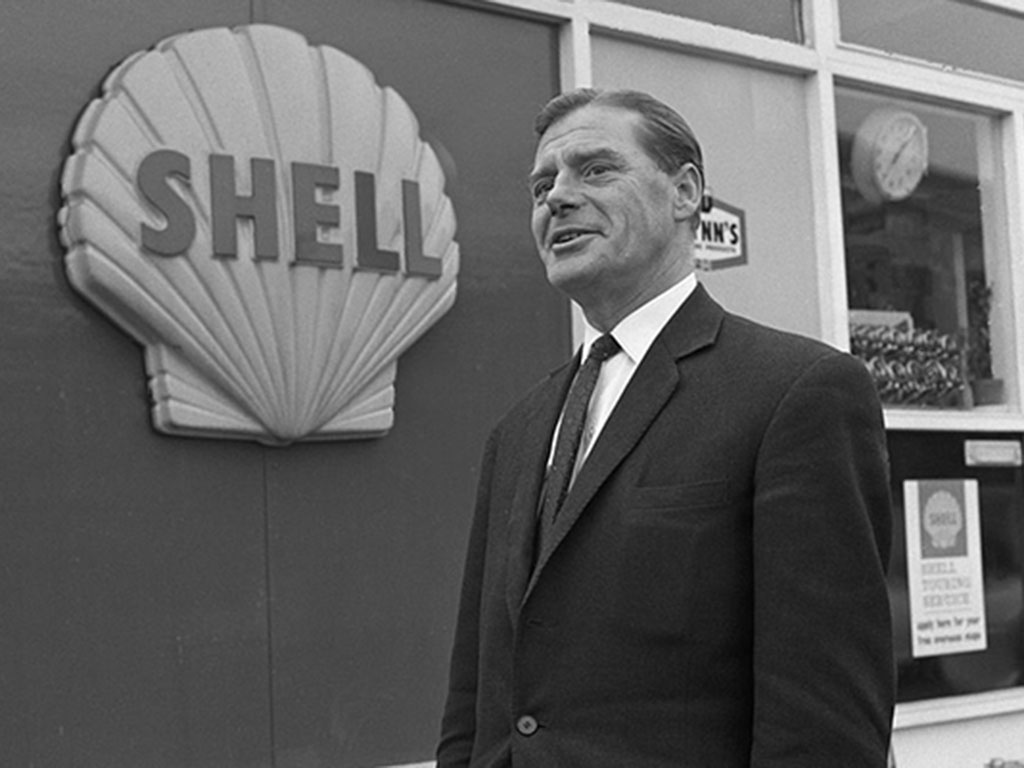Chrysaor Shell out on North Sea assets
Anglo-Dutch energy giant Shell has agreed to sell its North Sea oil assets as it continues to reduce its $80bn debt pile

Energy giant Shell has
Royal Dutch Shell has confirmed plans to sell $3.8bn of North Sea oil assets as part of the company’s ongoing efforts to reduce debt. North Sea focused UK Oil firm Chrysaor will acquire a package of assets – including a mix of older oil fields and new developments – worth almost half of Shell’s entire UK portfolio.
On completion of the North Sea deal, Chrysaor will become the largest independent oil operator in the offshore basin. Over 400 Shell employees are set to transfer to Chrysaor, while the firm will also receive a 10 percent stake in BP’s Shiehallion field. Located just west of the Shetland Islands, Shiehallion is one of the largest and deepest oil developments in the North Sea.
The deal marks the largest in the
North Sea oil sector
for several years
The deal marks a significant advance in Shell’s efforts to sell $30bn worth of assets by 2019. Following the oil giant’s takeover of BG Group in 2016, Shell’s debt pile topped $80bn, prompting the firm to launch an ambitious debt reduction programme. On January 31, Shell announced it would also be selling its stake in a Thai gas field for $900m.
The oil firm has said it is looking to “simplify its portfolio following the acquisition of BG”, but stresses it remains “committed” to its North Sea operations.
While the North Sea region has a long history as one of the world’s oldest offshore basins, the area’s oil production has been in steady decline since the late 1990s. The downturn in oil prices has badly affected the North Sea workforce, with Oil and Gas UK predicting in 2016 that the industry would be forced to cut 120,00 jobs by the end of the year. Production in the region hit record lows in the 2014/15 financial year, while North Sea oil posted its first loss for the British taxpayer in 2016.
However, the Chrysaor deal marks the largest in the North Sea oil sector for several years, suggesting the industry may be emerging from a downturn spanning two decades.
Andy Brown, Shell’s Upstream Director, described the deal as “a vote of confidence in the UK North Sea”, and suggested it “offers proof that the industry’s increasing competitiveness, and improvements to the fiscal and regulatory regime, are starting to produce positive results”.













